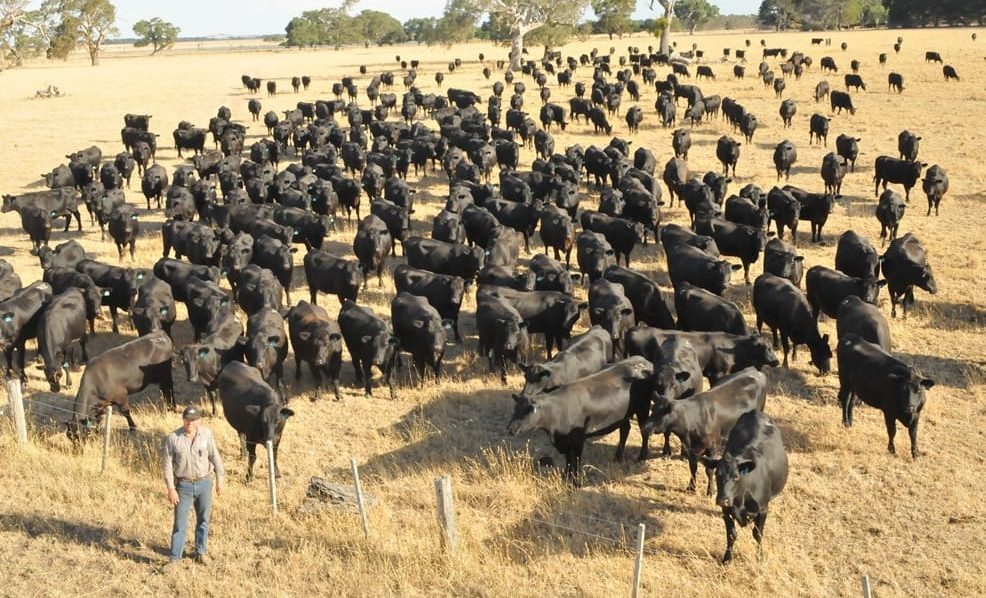James Curran launches new podcast series ‘An Australian World’

- by Admin
- September 13, 2024

James Curran
The biggest influence here was my PhD Supervisor, Neville Meaney, the doyen of Australian diplomatic historians. I did a PhD with Neville here at Sydney University from 1997-2001 which explored how prime ministers from Whitlam to Howard projected a story of Australian nationalism and an understanding of Australia’s place in the world. So, it was an intellectual history of those leaders, where their ideas came from and how they adjusted, or not, to Australia’s changing circumstances in an era when old orthodoxies such as the empire, White Australia, our relations with the indigenous peoples and with Asia, and protectionism, were crumbling. That opened up new interests in Australia’s relations with the world from the late 19th Century down to the present.
The brilliance of Meaney – unlike so many he was a scholar as well as a historian – is that he was untroubled by the demise of the old diplomatic history, recognising that international relations needed anchoring in the broader political culture of the nation, and required more than a faithful account of meetings, cables and policy briefs from the archival coal face. And he was sufficiently old-fashioned to believe that the past held out defining themes of significance, that not everything was “contested” or “unstable”, and that the study of politics remains a valuable point of entry into the national psyche.
More to the point, he saw politics and international affairs not as a cul de sac of elite mannerisms, but as an extension of wider social, intellectual and cultural trends, particularly in democratic societies where political leaders are obliged to seek a popular mandate.
The Latest News
-
December 22, 2024India boycott press match after media battles
-
December 22, 2024Australian Open runner-up Zheng out of United Cup
-
December 22, 2024Nick Kyrgios results: Australian defeated in long-awaited comeback | Sporting News Australia
-
December 22, 2024China’s Olympic medallist Zheng to skip United Cup to stay fresh for Australian Open
-
December 22, 2024Zheng Qinwen to Kick Off 2025 Season at Australian Open | Sports-Games





